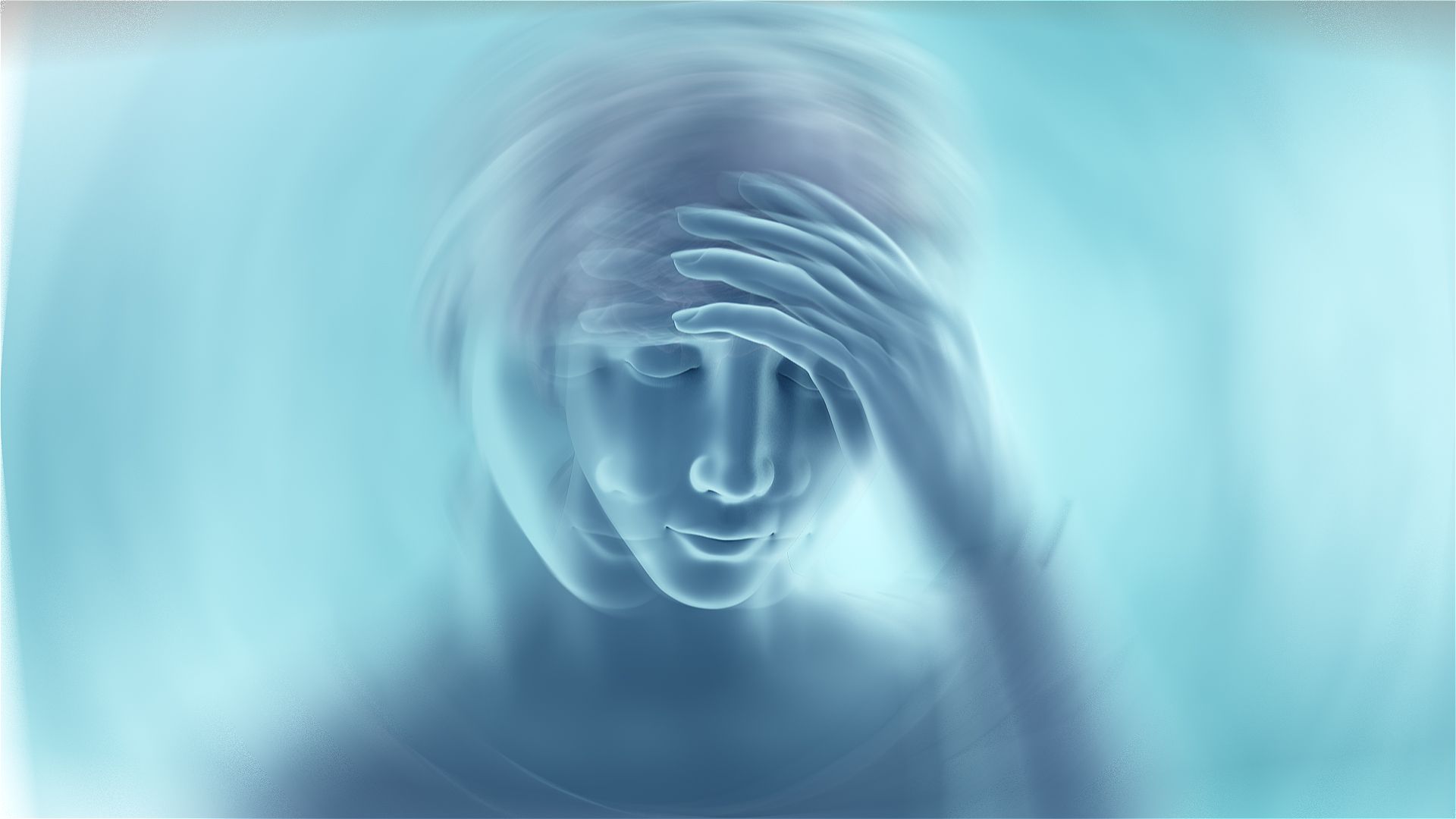Dizziness- What are some of the causes?
Jun 15, 2023
Cervical spine:
The upper segments in our neck can often be responsible for neck pain and associated headaches, but did you know that these segments can also contribute to dizziness. Dizziness that originates from the neck is called cervicogenic dizziness and is often associated with neck pain and headaches. Often, people will describe a sensation of feeling “off balance” which is distinct from the “room spinning” sensation of vertigo. Often, this is associated with movements of the head or neck such as looking up/down or turning the head quickly, as well as sustained postures. These symptoms tend to be intermittent and short lived but can sometimes leave people “feeling off”. Physiotherapy diagnosis of neck related dizziness would involve thorough history taking and assessment of your posture, neck range of movement and coordination and a close assessment of the upper neck. Treatment often involves manual therapy and corrective exercises to improve your neck range of movement and coordination.
Balance:
Everyone has a degree of what is called postural sway. This is the normal swaying of the body when we are standing on the spot. Balance can be summarized as our ability to control this postural sway in varying positions of difficulty. Often, people suffering from dizziness have reduced balance and increased postural sway when standing, walking, turning, and bending. This increased postural sway can often contribute to people feeling as though they are “swaying as if on a boat”. A Physiotherapist can assess your balance in positions of gradually increasing difficulty to determine whether this is contributing to your dizziness and a targeted rehabilitation plan to improve muscle strength and postural sway control can then be implemented.
Eye coordination:
The coordination of neck and eye movements provide very important information to the brain about your body position in space. A mismatch between the input from either system can result in difficulty focusing on stationary objects whilst the head/neck is moving or difficulty tracking moving objects. This mismatch can also result in dizziness. A physiotherapist can assess the coordination of your eyes and neck through a series of eye tracking exercises (such as following a pen side-side with your eyes whilst keeping your head still). These exercises would then form part of the rehabilitation for your dizziness condition.
If you are suffering from dizziness or would like some more information please don’t hesitate to give us a call on 46204511 and speak to one of our physiotherapist.
Frustrated With Your Pain?
-
Not sure what to do?
-
Not sure who to ask?
Fill in the form and one of our highly qualified team will be in touch, to discuss a solution.


